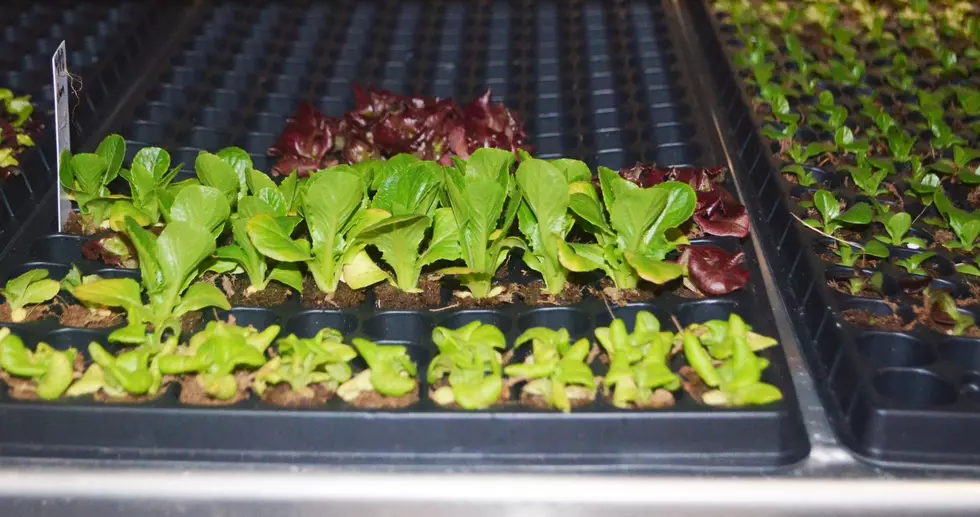
Warehouse becoming vertical farms — and they’re feeding New Jersey
Photo Credit: NJ Dept of Agriculture
New Jersey's vertical farms are transforming agriculture by helping farmers meet growing food demand.
New Jersey Agriculture Secretary Doug Fisher said that while conventional farming in outdoor fields remains critical, vertical farming has its advantages because of its efficiency and resistance to pests and thus less need for chemicals.
Vertical farming is the process of growing food vertically in stacked layers indoors under artificial light and temperature, mainly in buildings. These plants receive the same nutrients and all the elements needed to grow plants for food.
Vertical farms are also versatile. Plants may be growing in containers, in old warehouses, in shipping containers, in abandoned buildings.
"That's one of the great advantages — that we can put agriculture in the midst of many landscapes that have lost their vitality," said Fisher.
ResearchandMarkets.com says the U.S. vertical farming market is projected to reach values of around $3 billion by the year 2024.
The one drawback is that its operational and labor costs make it expensive to get up and running.
In the past decade, however, vertical farming has become more popular, creating significant crop yields all over the state.
AeroFarms in Newark is the world's largest indoor vertical farm. The farm converted a 75-year-old 70,000-square-foot steel mill into a vertical farming operation. AeroFarms' key products include Dream Greens, its retail brand of baby and microgreens, available year-round in several ShopRite supermarkets.
Kula Urban Farm in Asbury Park opened in 2014. Vacant lots are transformed into urban farms and there's a hydroponic greenhouse on site. That produce is sold to local restaurants.
Beyond Organic Growers in Freehold uses no pesticides and all seeds and nutrients are organic. There's a minimum of 12,000 plants growing on 144 vertical towers. On its website, it says the greenhouse utilizes a new growing technique called aeroponics, which involves vertical towers where the plant roots hang in the air while a nutrient solution is delivered with a fine mist. It also boasts that by using this method, plants can grow with less land and water while yielding up to 30% more three times faster than traditional soil farming.
Vertical farms in New Jersey help feed local communities. Many are in urban areas and are a form of urban farming.
Fisher predicts that vertical farms will be operational in stores and supermarkets around the state.
"It's continued to expand. There's going to be many, many ways and almost any area in the state has the opportunity to have a vertical farm," Fisher said.
LOOK: The best drinks to get you through the storm
More From New Jersey 101.5 FM









